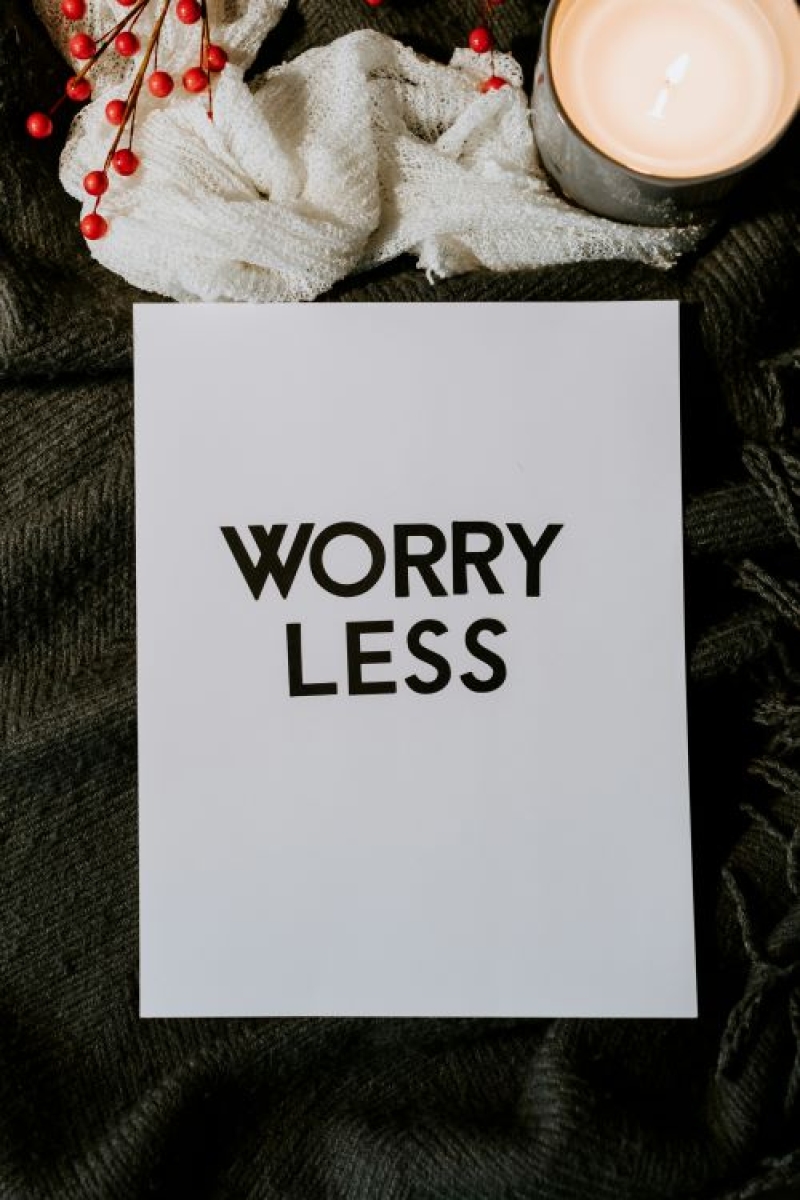I’ve always had a perfectionistic personality for certain things: my grades in school, my job, my body, and my writing. This is common for many people, especially in the areas where they feel the most passionate about, like their jobs, hobbies, or family.
But being a perfectionist can sometimes freeze us in our tracks and make it impossible to do something we love for fear of failing. Sometimes we get in our own way. For instance, mine keeps me from working with my muse so I can write. It makes me question whether the topic I chose to write about (my journey to heal after a divorce) was the right one. It also makes me wonder if I even have the stamina to continue going when nothing I think of writing about sounds good enough.
I fret over how I will be seen and how people will view what I write. I fear falling behind because I can’t keep up with other writers who seem to have a plethora of ideas pouring from their fingertips. I fear readers will not take me seriously and I fear my writing won’t be good enough. My process is slow and arduous. It takes me at least a month to feel confident enough to publish a post and even after reading it countless times and deleting or changing entire sections, I still feel that I should have done more. That writer critic comes out of the woodwork to tell me things like, “What the hell does this mean? Why did you use this word when there are so many better ones you could have used?”
I also feel pressure to make whatever I am posting a certain length, otherwise, it won’t be worth publishing at all. Question like whether people will think my writing reads more like a pre-teen’s angsty diary entry than an almost middle-aged woman’s experience in adulthood (both of whom are still trying to make sense of the world, by the way) plague my mind. I hold myself and my words to high expectations because of my perfectionistic tendencies.
I mentioned I had two problems. The second one is what to do about it. My entire goal with writing is to make an impact on people. I want followers and readers, but I also want to reach those who are feeling lost, hurt, confused, betrayed, and want them to know that they aren’t on their journey alone. I want to share all parts of my story, not just the sad parts, but the hopeful ones, the ones where I have beat the enemy (my own self-deprecating thoughts) and share stories and instances of hope and joy.
The only way I know how to do this is to be real and honest, which means leaving behind those pesky perfectionistic personality traits. Here’s what I have accepted as the truth about myself and what I have to do to overcome the setbacks.
1. I go back to my “why.” The reason I started writing in the first place and the reason I show up and commit to it regardless of what it looks like or the length of it is because I want to make a positive impact long after my words fade into oblivion.
2. I remind myself that my writer critic is only the thoughts that pop into my head and that my brain is what makes the thoughts into things that are all consumingly catastrophic. I can make them into thoughts of compassion by changing the negative to neutral feelings. I have even had a conversation with the thoughts. “Leave me alone for 15 minutes, then if you have something to say, you can say it then.” Normally by the time it ends, the thoughts have nothing else to say.
3. Remember that my biggest lessons were learned while I was in the middle of the pain and loss. Without the messy middle of my experience, I cannot sit here and type out these words of wisdom I learned. Without the hardships, the tears, the falling down and getting back up, I would not have seen my life as something worth writing about.
4. The posts that I deemed at "not good enough" were actually the ones that got more views and comments. Maybe the aunthenticy of my writing shows itself more on those ones I feel most vulnerable.
The thing with perfectionism is that it is always going to be around in some fashion. The best thing I can hope for is to train it to come out when I need it, and tame it down when it interferes with the goals I have set for myself. I don’t have the answers to life’s mysteries. I only have my personal experiences and lessons from what life I have lived so far. That is the most unique gift anyone can give. Isn't that what writing for an audience is all about? Sharing our stories, being vulnerable and honest, and reminding ourselves that we aren't alone could help in more ways than I could even hope for. What's your story?


